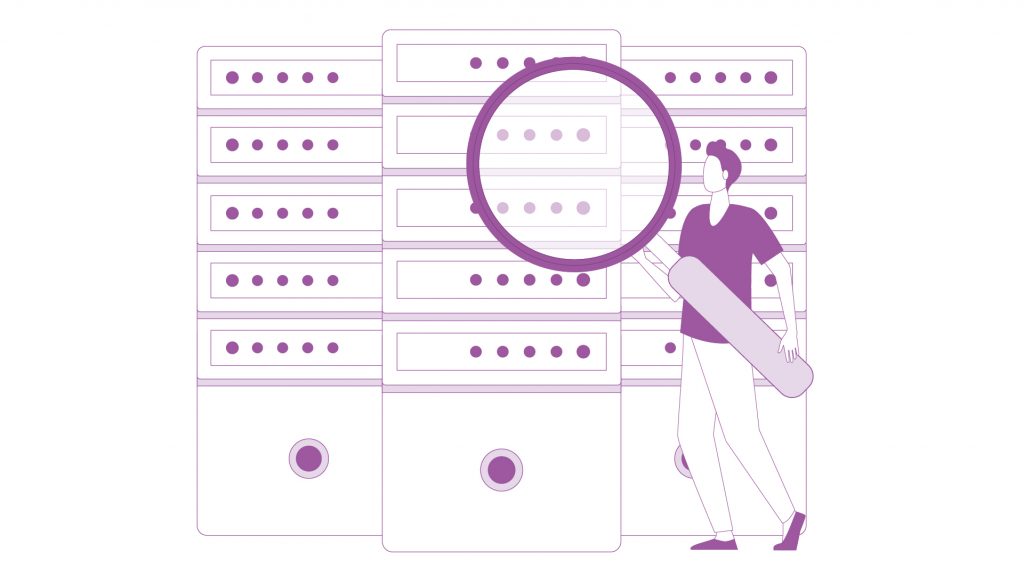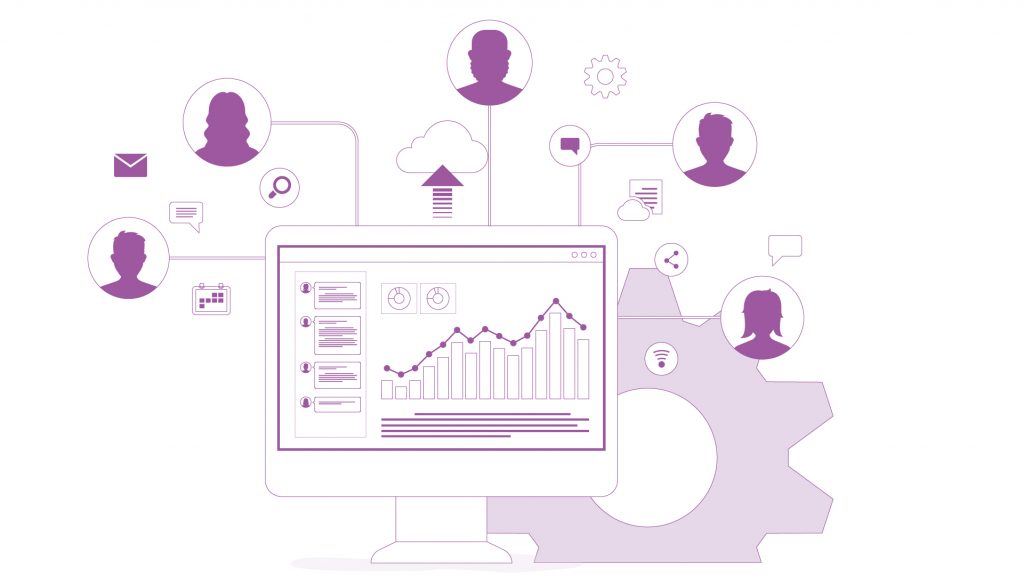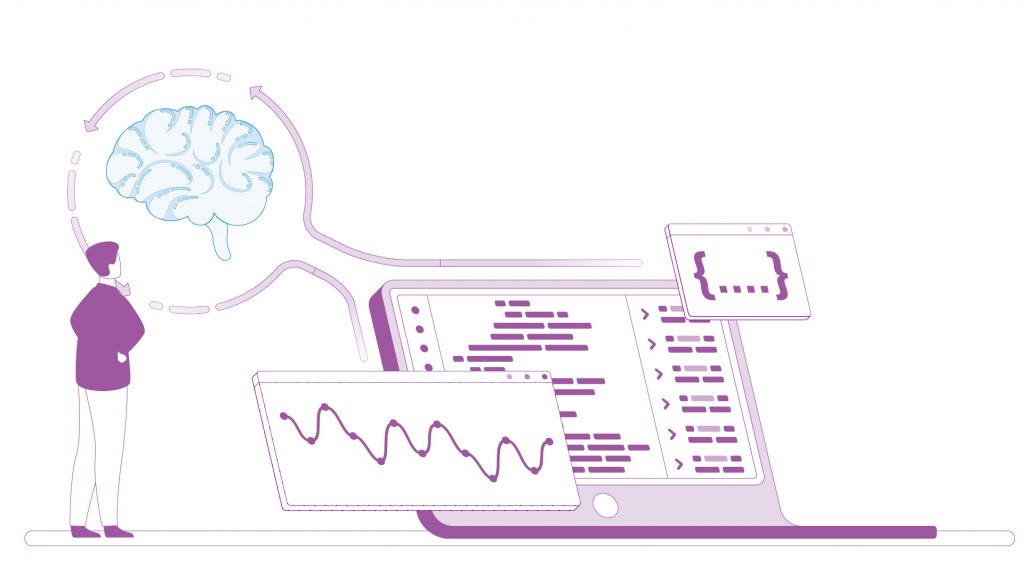The price for poor data quality in companies
Current studies show: Many companies complain about poor data quality. In our overview, we explain why you should start storing your data cleanly as early as possible, especially for operational planning, and how data management tools can secure your future.

High data quality - a feat?
Good data quality - this is still the biggest challenge for companies.
In 2016, 84% of 1,300 CEOs from leading global companies worry about the quality of their data on which their decisions are based. That’s what a study by KPMG International found.
And what’s the state of play today? According to a recent Uniserv survey, 62% of executives from German-speaking companies surveyed in 2019 are dissatisfied with the performance and efficiency of their customer data management.
Most teams today still rely on manual data checks or ask others before using the data for their work.
2021 also surveys 231 data leaders, including only data producers and data consumers from SaaS, finance, AI, and cloud, as well as consumer internet and retail, about their goals, difficulties, and tools. Almost no one takes data quality for granted. In contrast, reliability, quality, as well as accessibility of data to stakeholders top the list of OKRs and KPIs. Data documentation and collaboration with stakeholders are also criticized.
Bad data hurts
The quality of your data is already at risk when it is created in the individual departments: Imagine a supplier appearing in the system several times, but in different formats. Or a necessary field in the data record remains empty. You are probably familiar with the rattlesnake that is attached to such errors. In such a case, not only your employees are severely stressed. The planning process also comes to a standstill. After all, checking and repairing data records usually involves several departments.
In addition to the manual effort, inconsistent data is one thing above all: expensive! According to Gartner’s Data Quality Market Survey, poor data quality costs companies an average of $15 million (as of 2017).
It is also estimated that (based on a recent study by Experian plc and consultants James Price of Experience Matters and Martin Spratt of Clear Strategic IT Partners Pty. Ltd.) the cost of bad data represents 15% to 25% of revenue for most companies.

Competitive position at risk
In addition to high costs, companies that build their decisions on poor data risk losing their competitive position. The frequent and tedious manual work involved in searching for data dependencies, changes as well as data errors impacts companies’ productivity. Not only that. Forecasts are inaccurate. In the worst cases, liquidity cannot be guaranteed and customers become suspicious.
Thomas C. Redman, president of Data Quality Solutions as well as author of “Getting in Front on Data Quality” (Technics Publications, 2016), says many companies that don’t give data quality the importance it deserves are unlikely to survive in the business world of the future.

A look into the future
We can all agree, clean data quality management holds all kinds of opportunities.
Consistent and up-to-date data improves your view of the future and helps you make sustainable and proactive decisions.
The sooner you start collecting historical data, the more comprehensive and meaningful your data picture will become. This allows you to make more accurate forecasts for the future.
The need for solid data is especially evident when you’re working with an AI solution. After all, their AI application can only work with what you provide it. At a certain point, you completely abdicate your responsibility. We can imagine what erroneous data means for the AI’s predictions and automated actions.
Troubleshooting after the fact is nearly impossible. Based on research from Dataiku (AI Maturity Survey, 2019), it’s clear that for 40% of organizations surveyed, the most difficult and time-consuming part of an AI project is cleaning up data sets. It’s a nuisance you can basically avoid if you use data management tools.

How to use data management tools for your business
Especially when you are using AI solutions for your data analysis, the data that comes from different sources needs to be able to flow uninterrupted. If you are using AI-powered software for analyzing your data to equip yourself for the constantly changing market, this solution demands high data quality. Thus, good preparation is essential.
As soon as you create your own internal database, you not only interrupt the data flow, but also run the risk of missing important data in the central planning model or, if you merge the individual data sets manually, of having incorrect data.
What do we conclude from this?
Central data collection and processing
You need a centralized solution that allows your data from all departments to be captured automatically and, most importantly, in real time, so that you have up-to-date and consistent figures when it comes to controlling. A data management tool in the form of cloud software ensures that your company data is complete and accessible to all stakeholders at all times. This is because all data is uploaded and managed in one and the same place. This has the advantage that you can get a quick and, above all, correct picture of your data situation in the event of short-term market or plan changes, enabling you to make solid and rapid decisions.
Data-based corporate culture
The first step towards good quality data is to internalize the relevance and added value of high data quality for the company. That said, it’s also about understanding the work of individual departments. About two-thirds of the costs incurred by faulty data can be eliminated in the long term. In addition, you strengthen the cooperation between the individual departments and create the conditions for smooth communication and consultation.
Step by step, a corporate culture develops in which you base more and more decisions on current data and make correct forecasts that improve the quality of your decisions.
Sustainable decisions
A cloud-based solution takes routine work off your hands and prevents problems such as cash shortages. This frees your mind to develop proactive strategies as well as measures on how to convince potential customers. Moreover, you can estimate how much capacity you have, for example, to hire new high-quality employees.

Conclusion
There’s no doubt that poor data quality is not only expensive, but also leads to faulty decisions and puts your competitiveness at risk. The sooner you start ensuring consistent and complete data, the better. This saves a lot of money and effort, and also provides a strong foundation for making accurate and effective decisions about your company’s future. Then, if you want to stay ahead of your peers with AI-based algorithms, you can’t avoid investing in high-quality data preparation.
With our Software-as-a-Service, we offer you a central, secure and flexible solution for the collection, processing as well as storage of your data. In cooperation with StatSoft, we have now also developed the AI module, which takes your planning to a new level.
You can test QVANTUM now for free or book a non-binding consultation with us directly.
